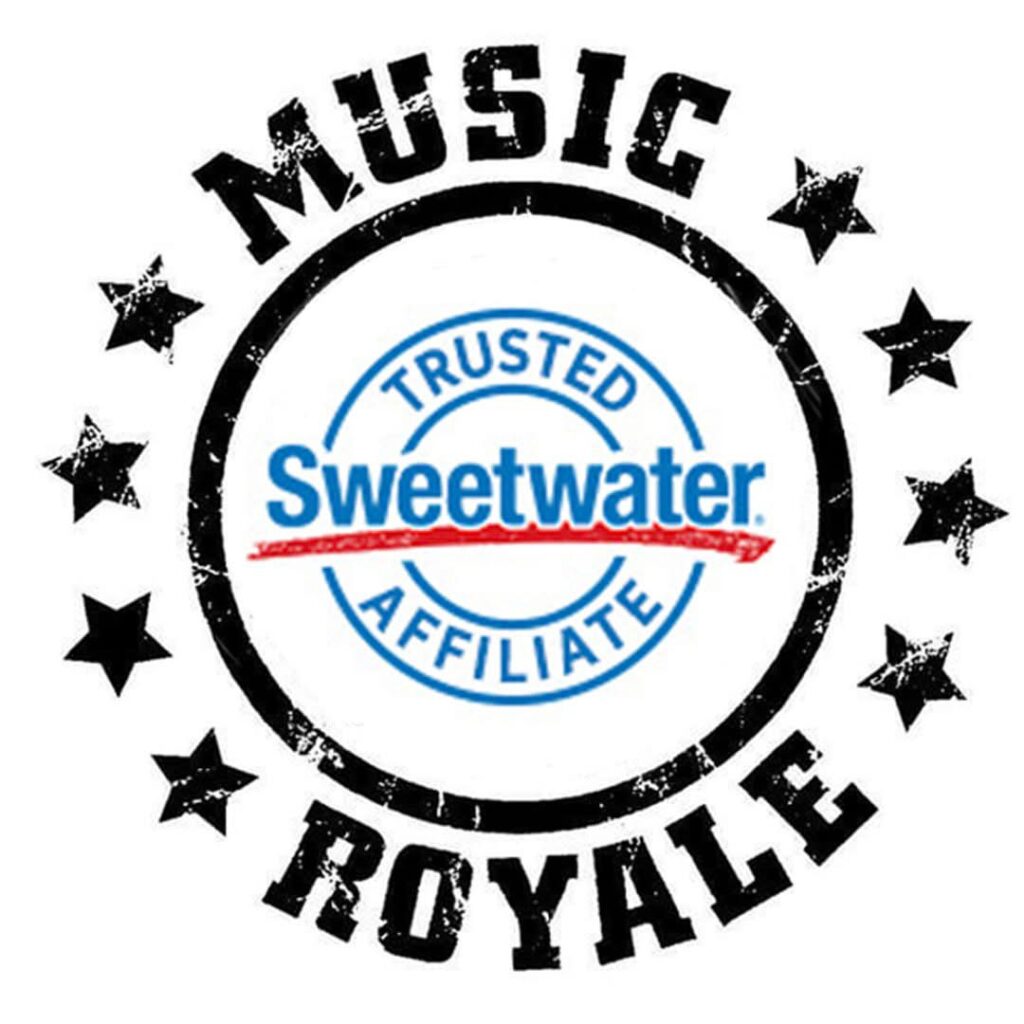Let’s be real, life gets loud. Between work, school, sports, and everything else, it can feel impossible to find time to practice your instrument. But here’s the thing: you don’t need hours every day to get better, you just need consistency.
At Music Royale, your Friendly Neighborhood Music Store in Powell, Ohio, we believe that progress happens in the small moments, not just the long practice marathons. Whether you’re learning guitar, piano, drums, or violin, these five easy strategies will help you fit music into your busy day (without losing your sanity).
🎶 1. Integrate Practice Into Your Daily Routine
If you’ve got time to scroll or watch TV, you’ve got time to jam.
Make music part of your everyday flow:
- Add practice to the chore or homework list — it’s just another thing that gets done.
- Schedule a 10–20 minute power session between meals, homework, or workouts.
- Treat it like brushing your teeth — a daily ritual that keeps your skills fresh.
You don’t need perfection, just momentum. If you need help setting a structured plan, check out our Music Lessons page to get started with one of our experienced instructors.
🎸 2. Keep Your Instrument Out of Its Case
Here’s a pro tip: if you can see it, you’ll play it.
Keeping your instrument out (safely) makes it easier to grab and go for quick practice bursts.
- Keep your guitar on a stand, your keyboard on a desk, or your violin on a hook.
- Make sure it’s safe from pets or little siblings.
- Leave your gear ready to roll — no excuses, no wasted setup time.
Need a stand, case, or gear upgrade? Visit our Shop Online page for the latest accessories, stands, and instruments.
🎤 3. Build Your Cheer Squad
Music is more fun when you’ve got people cheering you on!
- Ask your family and friends to celebrate your milestones and notice your progress.
- Take advantage of teacher feedback, recitals, and open mics to stay motivated.
- Share your wins and performances with us on Music Royale’s social media — we love celebrating our students’ success!
And if you want to meet the people who will become your biggest supporters, check out our Teacher Bios — they’re not just instructors, they’re gigging musicians and lifelong mentors.
🥁 4. Find a Body Double
Practicing with a friend = accountability and fun.
- Find someone who’s learning an instrument too.
- Set up a time to practice together — even virtually!
- Track your progress, share clips, and challenge each other to hit new milestones.
This simple system keeps you honest and inspired. If you want to connect with other musicians in your area, stop by our Powell, Ohio music store and meet your next jam buddy!
🎼 5. Journal, Track, and Celebrate
What gets tracked, gets improved.
- Keep a music journal, a spreadsheet, or use a calendar to log practice time.
- Share your progress with your cheer squad — or even start a small online community.
- Celebrate milestones! (Because nothing feels better than seeing your growth on paper.)
Tracking your journey makes practice more rewarding and helps you see just how far you’ve come.
🎸 Ready to Rock Your Routine?
Music practice doesn’t have to be a chore — it can be the best part of your day. With the right habits and support, you’ll keep improving even when life gets busy.
If you’re ready to take the next step in your music journey, come see us at Music Royale — your Friendly Neighborhood Music Store in Powell, Ohio.
Explore our:
- 🎵 Music Lessons
- 🎸 Shop Online
- 👩🏫 Teacher Bios
- 📞 Contact Us
- 🏠 Home Page
Stay inspired. Keep practicing. And remember — even 10 minutes of music a day keeps the stage fright away. 🎶
#MusicRoyale #PowellOhio #FriendlyNeighborhoodMusicStore #MusicEducation #MusicLessons #RockAndRoll




